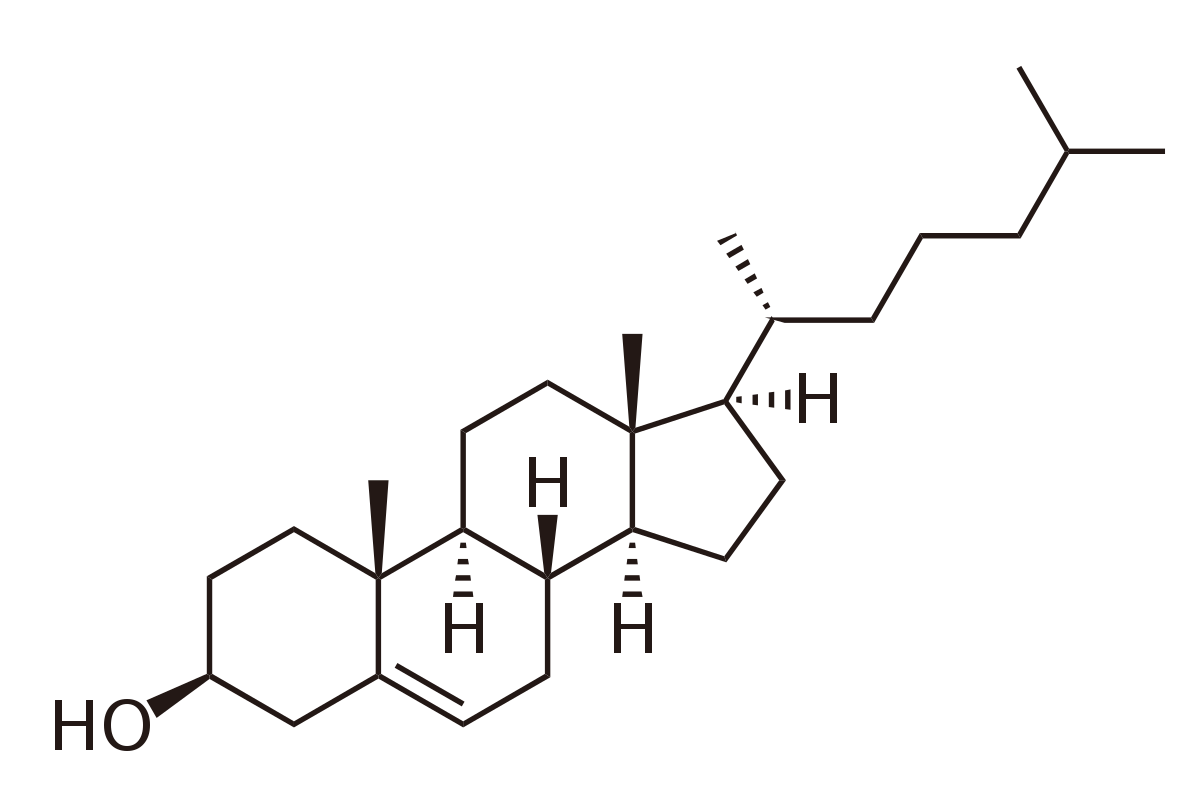Steven Watterson

Computational Cardiovascular Research @ Ulster University
Cardiovascular disease is responsible for 18 million deaths world-wide each year and 150,000 in the UK. Cholesterol levels are a known marker of the risk from cardiovascular disease and, frighteningly, the World Health Organisation estimates that 39% of adults world-wide at at risk from elevated levels of cholesterol (>5mmol/l). Understanding and managing cardiovascular risk is therefore an important future health aim, particularly in light of a growing and ageing global population.
Cardiovascular disease is very challenging to study. Exploring the interior of hearts, arteries and veins is difficult to do and to do safely in humans. Animal models suffer time, cost relevence and ethiical limitations.
Computational modelling can be a hugely valuable tool in this area. We can build accurate predictive models of human cells, organs and systems that act as experimental systems in which disease mechanisms and new therapies can be studied. Accurate, predictive computational models allow us to undertake the type of experimentation that would otherwise be impossible, such as trial and error studies of drug effects.
We’re interested in:-
- Modelling pathway systems in health and disease
- Relating pathway systems to disease phenotypes
- Devising multidrug therapies that reprogram whole cell/tissue/organ behaviour from disease to health dynamics
 https://orcid.org/0000-0002-2750-6410
https://orcid.org/0000-0002-2750-6410